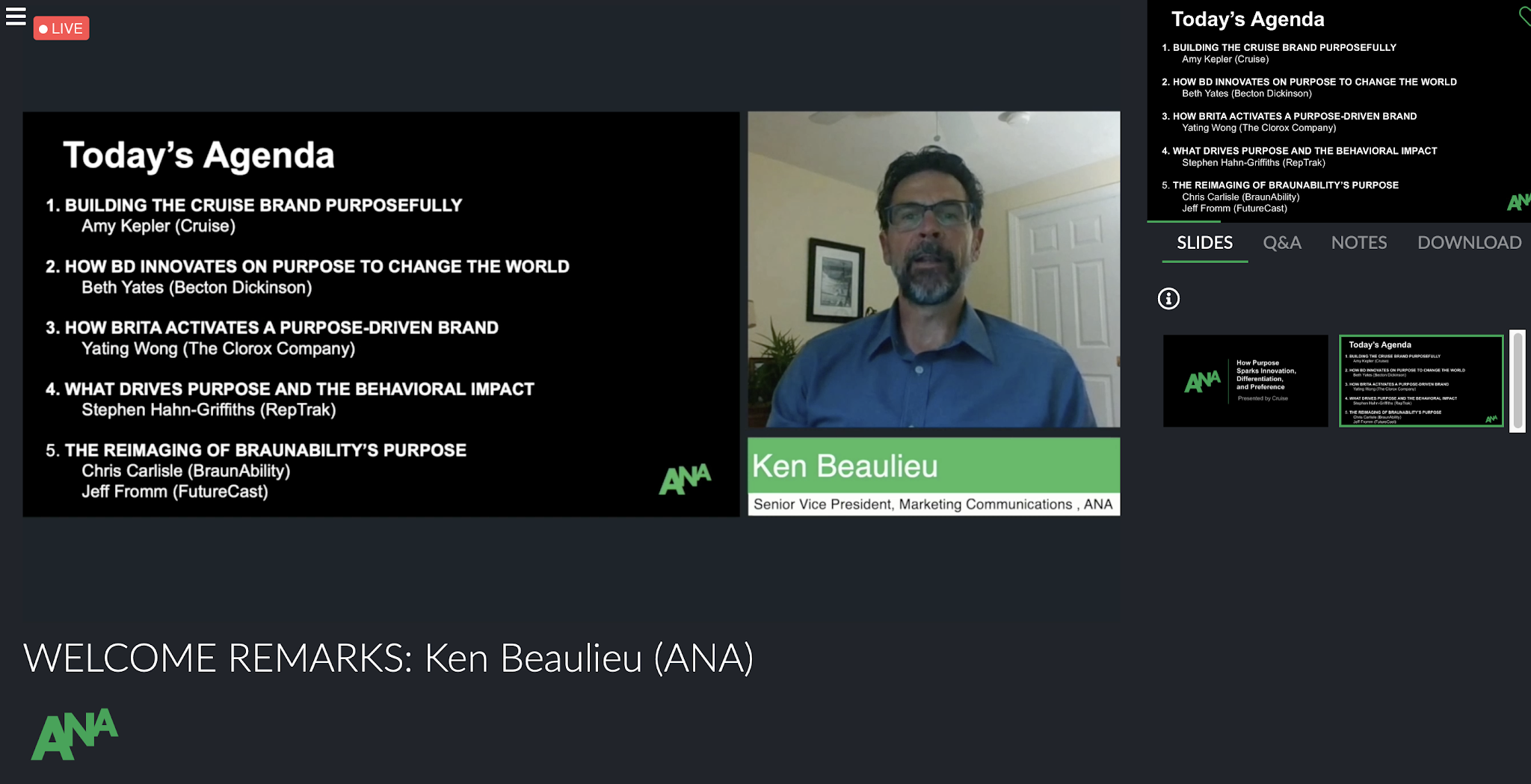Ad Age Inside Pages Conference Recap
The change agencies need
On April 30th, Ad Age, the global media brand publishing analysis, news
and data on marketing and media company held a conference in the New York
office. The meeting started at 8:00 am and last for two hours. Attendances
included Emily Heyward, Co-Founder and Chief Strategist, Red Antler; Selena
Kalvaria. VP of Brand Marketing, Away; Stephen Kuhl Co-Founder and CEO, Burrow;
Shane Pittson Head of Marketing, Quip and Jon Suarez-Davis Senior VP of Product
Marketing and Chief Strategy Officer, Salesforce Marketing Cloud and Adrianne
Pasquarelli Reporter, Ad Age.
The conference
presided over by Judann Pollack- the executive editor of Ad Age. The conference
started with Brand Johnson, a data analyst from Ad Age Datacenter, who revealed
multiple significant data analysis of participants in the industry.
Firstly, the data
shows by 2018 worldwide revenue; the top three agency companies are WPP $20.8B,
Omnivcom Group $15.3B and Publicis Group $11.7B. The top three consolidated
networks companies are Accenture Interactive $8.5B, PwC Digital Service $5.4B
and Deiotte Digital $5.3B, which is the same rank as digital networks
worldwide. Bradly indicated that the digital media employment by the end of
2018 had reached a record 258,500 jobs, triple the level at the end of the
2007-2009 recession in U.S. Meanwhile, digital work accounted for an estimated
53.6 percent of revenue for U.S agencies from all disciplines in 2018.
Digital’s share of revenue has doubled since 2009. He continued Digital
strategist is in the great demand.
The five largest
media agency groups by worldwide revenue still are, Group M, Dentsu Inc (media
agency), Publicis Media, Omnicom Media Group, and IPG Mediabrands (Interpublic).
Martin McNuty, the global Chief Executive
Officer of Forward PMX stated, traditional holding companies continue the
long-held practice of consolidation, but their track record of driving value
and efficiencies can no longer address the vulnerability that lies the heart of
their proposition. Advertising is changing, most agencies aren’t at least not
quickly enough, or in the right ways.
One might say
traditional agencies have been slow to react. It would be more accurate to
suggest that they may have never seen it coming. Big TV budgets and treasure
chests of hidden value go a long way to help drive shareholder value, but as
digital has grown, traditional players have been caught off guard by the new
demands for accountability and transparency. The limited data skills in the
offline-dominated networks can no longer hold up in a world dominated by Gen
Z’ers, influencers, big data, machine learning, crowdfunding and pop-ups.
Digital and its
expanding, fragmenting and siloed data sets is the new normal, and the
big-picture-only thinking of yesteryear is no match for the new world of
constant, iterative innovation. Sure, traditional agencies may have entire
digital divisions, and they certainly drive digital media, but the skillsets
and approach still refer to earlier times. Who stands up and says they’ll solve
problems with a bunch of hackers? Likely not many in the agency world, but
maybe they should.” Growth hacker” at VC-backed startups, but the zeal for
rapid and near permanent prototyping never really made it to ad land. That’s a
shame because it’s exactly what organizations call for. Big, bold storytelling
is what makes advertising so wonderfully seductive, but the long-form mass
media landscape from which it was born is almost unrecognizable today.
Agencies that are
changing every day( and ones that are rewarding clients for doing the same) are
positioning themselves to provide the value and growth that brands require,
both now and in the future. Building an agile culture and empowering workforces
to challenge the tools available to them is what allows the right chance to
happen. Shifting towards a working model that is confident about not knowing
the answer is the real answer.




